How AI is shaping the future of economic models in blockchain
The advent of blockchain technology has revolutionized the way we think about economic models. By enabling secure, transparent and decentralized data storage, blockchain has opened up new opportunities for companies to innovate and compete more efficiently. At the same time, artificial intelligence (AI) is playing a crucial role in shaping the future of these economic models.
The rise of blockchain-based economic models
Made popular by cryptocurrencies such as Bitcoin and Ethereum, blockchain technology has enabled the creation of decentralized applications (dApps) that can operate independently of central authorities. These dApps are designed to be transparent, secure and fair, making them attractive to companies looking to disrupt traditional economic models.
One such example is the development of “smart contracts,” self-executing contracts where the terms of the contract are written directly in lines of code. Smart contracts have the potential to automate complex transactions, eliminate intermediaries and reduce costs for participants in financial markets.
AI-Powered Economic Models
As blockchain-based economic models gain traction, AI is playing a critical role in shaping their future. Here are some ways AI is transforming economic models:
- Predictive Analytics
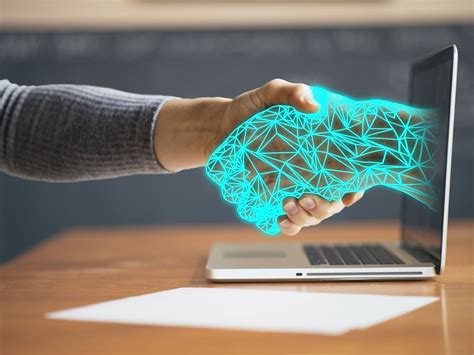
: AI-powered predictive analytics can help businesses predict market trends, identify potential risks and opportunities, and make more informed decisions about investments.
- Risk Management: AI-driven risk management systems can analyze massive amounts of data to identify potential security threats and alert administrators to take proactive steps to mitigate them.
- Optimization: AI algorithms can optimize economic models by identifying the most cost-effective solutions for businesses, reducing waste and increasing efficiency.
- Personalized Pricing: AI-powered pricing strategies can be tailored to individual customers based on their preferences, behavior, and financial history.
Case Study: The Impact of AI on Supply Chain Management
One notable example of how AI is transforming economic models on the blockchain is in the supply chain management space. Companies like Walmart and Maersk are using AI-driven systems to optimize their logistics operations and reduce costs.
For example, Walmart’s “just-in-time” warehouse management system uses AI-powered algorithms to predict demand and adjust inventory levels in real time. This allows companies to maintain a smooth flow of goods while minimizing waste and reducing costs.
The Future of Economic Models
As the blockchain ecosystem continues to evolve, we can expect to see even more innovative applications of AI in economic models. Some potential areas of focus include:
- Decentralized Finance (DeFi)
: AI-powered DeFi platforms enable new types of credit and loan transactions, providing greater flexibility and speed.
- Supply chain optimization: AI-driven systems will continue to improve supply chains by reducing waste, increasing efficiency, and improving customer satisfaction.
- Cryptocurrency-based economic models: As cryptocurrency prices fluctuate, AI-powered economic models must adapt to changing market conditions.
Conclusion
The intersection of blockchain technology and artificial intelligence is revolutionizing the way we think about economic models. By harnessing the power of AI, companies can create more efficient, secure, and transparent systems that drive innovation and growth. As this ecosystem continues to evolve, one thing is certain: the future of economic models on blockchain will be shaped by the intersection of these two technologies.
Sources:
- “Blockchain-based economic models” by J.

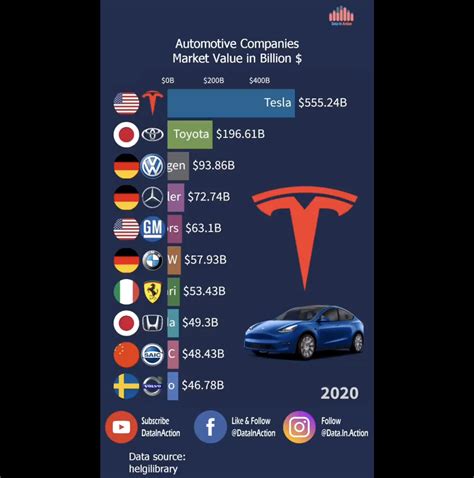
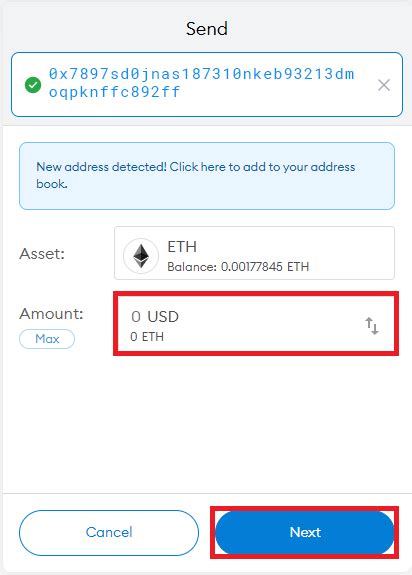

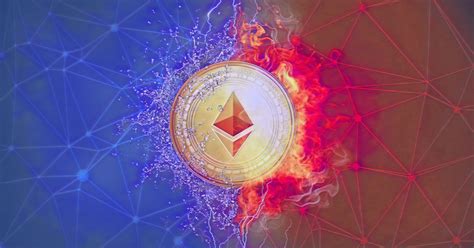
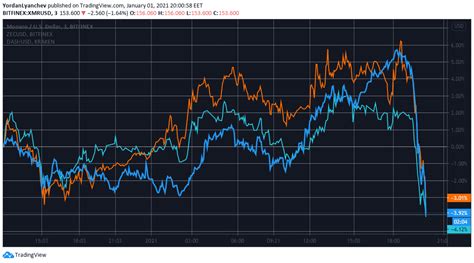

![Ethereum: Struct array issue and how to test using Remix – ArrayTest.swapDataStruct does not yet support copying structured memory of type memory[] to storage.-海码社区](https://www.renren1688.com/wp-content/uploads/2025/02/d9654839.png)
